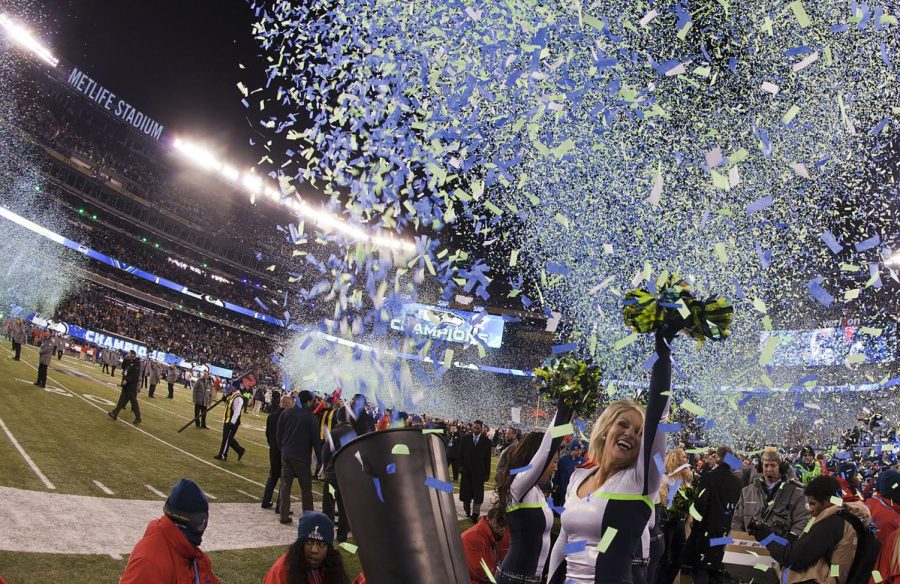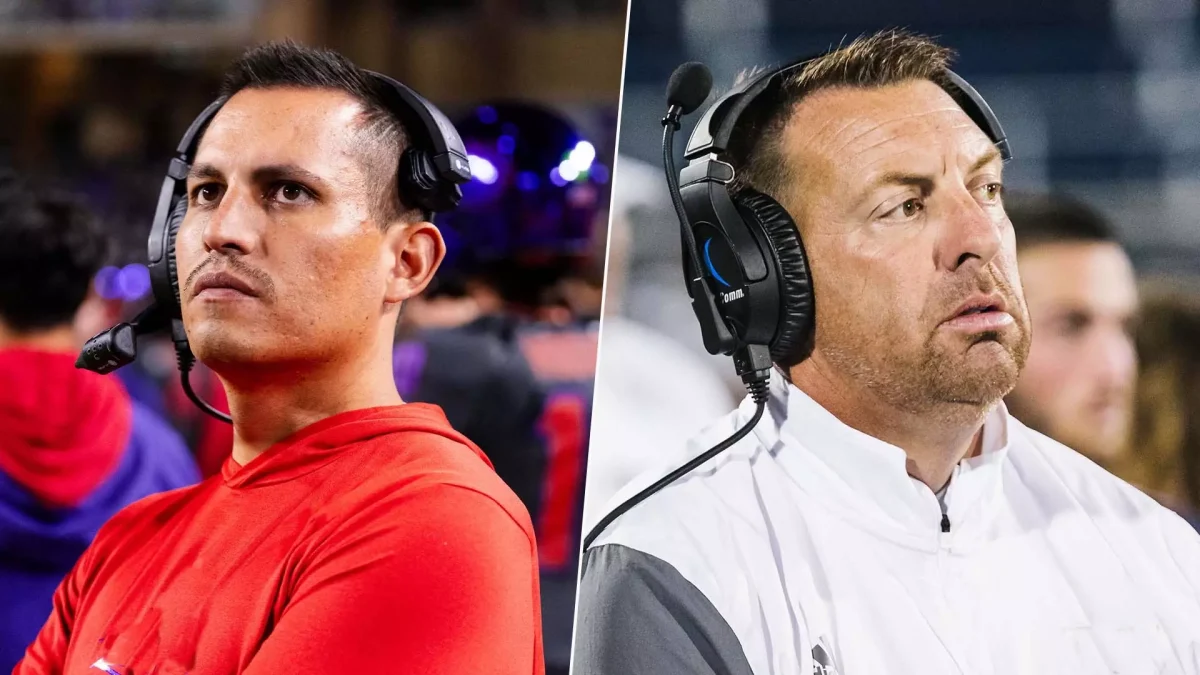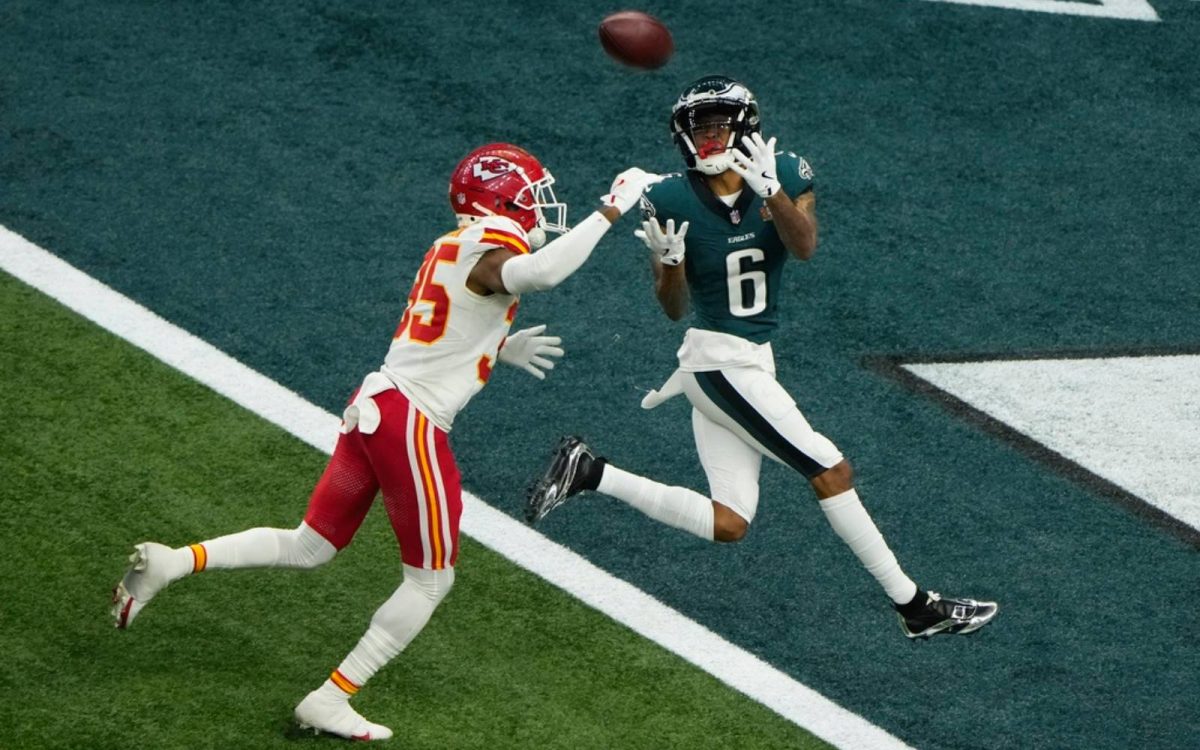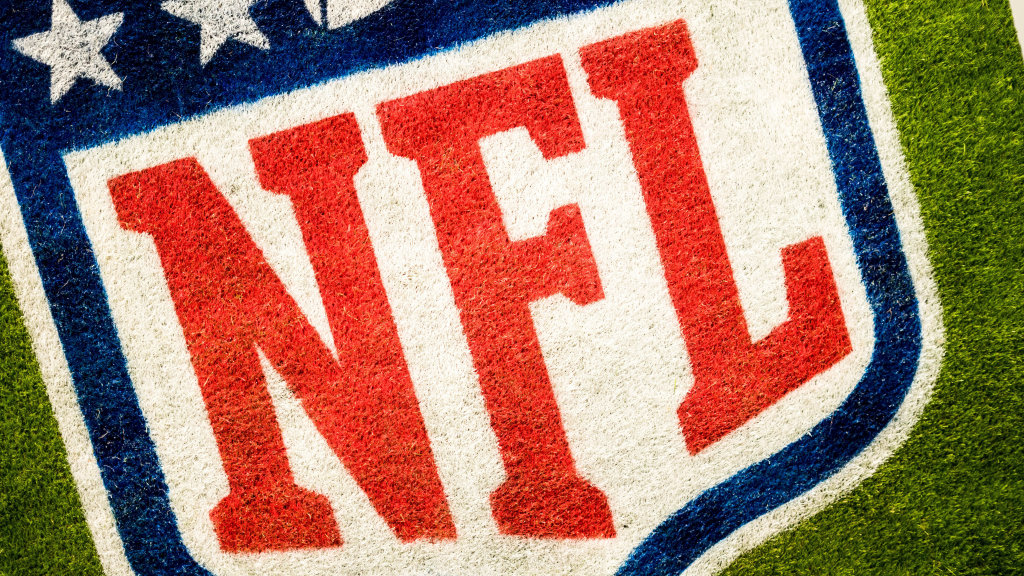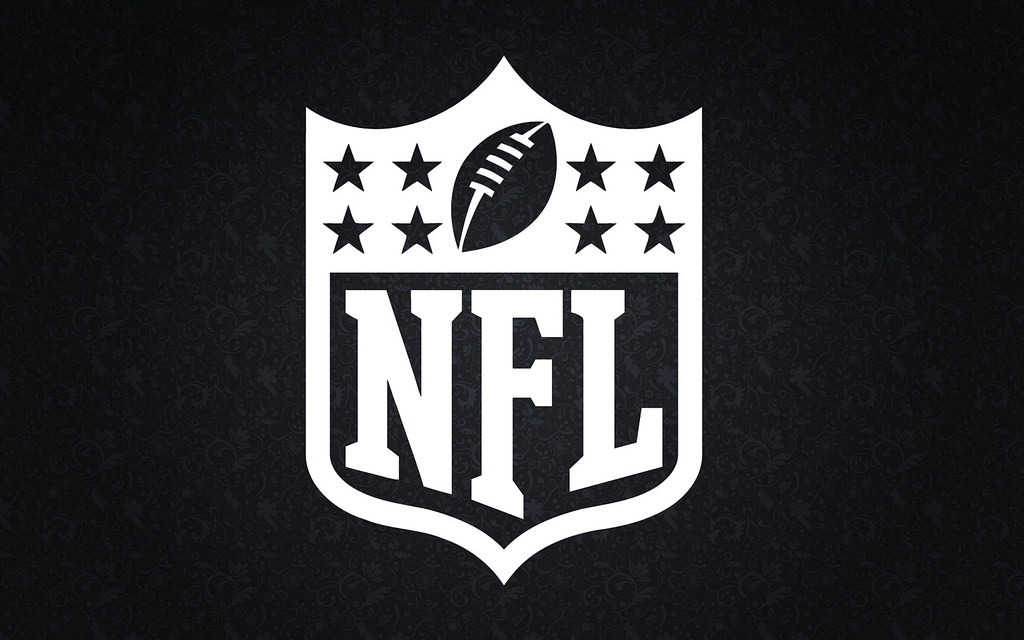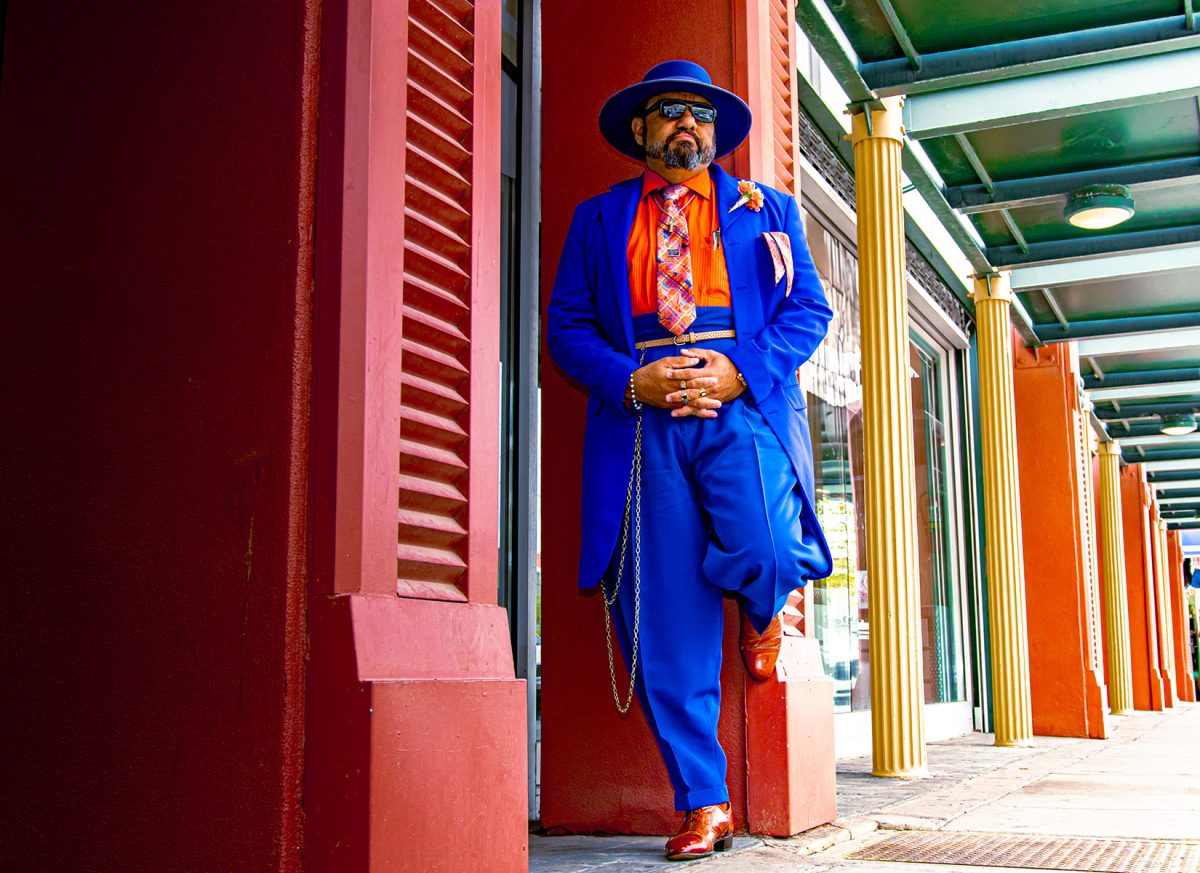Some people may consider a city hosting the Super Bowl to be an economic gain, a tourist attraction and a fairly patriotic act since football is the number one sport in the nation. However, professionals, sports-lovers and city residents alike have questioned the legitimacy of this claimed benefit for years.
It has been argued that cities like Los Angeles, New Orleans and Miami get to soak up the touristic values of being host cities for the annual game. A GoBankingRates article noted how in a Los Angeles and Inglewood economic report, those cities received “tens of millions of social media interactions” as a result of the Super Bowl being held there.
This alone can seem promising for other cities looking to host the game, but each place has its own variety of well-established attractions or cultural areas that draw in people year-round. Whether it be the warm beaches, the famous amusement parks or the night life, the cities lend themselves to financial growth as they are mass vacation sites.
While bringing in tourists or gaining more social media traction is a general benefit, building and hosting the National Football League (NFL) can become rather costly with only a fraction of the payoff.
In an Insider interview Victor Matheson, a sports economist, discussed what investments host cities need to make in order to hold the Super Bowl and how much revenue they rake in afterwards.
The NFL and surrounding committees argue that areas hosting this sporting event will bring in revenue up to the likes of three to five hundred million dollars. An example listed was “in 2018 Minnesota’s host committee reported that Super Bowl LII brought in $450 million to its half of the Twin Cities.”
However enticing, this is an economic feat for host cities. Matheson conducted his own research and found the numbers ranged from between 30 and 130 million dollars, merely a fraction of what was claimed before.
There are many financial factors that go into hosting the Super Bowl. The NFL has its own list of costly qualifications that cities must meet in order to host. From public transportation to police and security overtime, to temporary housing to the venue itself, there are multiple industries that need financial funding before the teams can even come to play. This does not include other requirements like surrounding entertainment, billboard advertisements and tax exemptions on the NFL’s part.
“That’s all going back to NFL’s headquarters, and, at that point, the money does get shared,” Matheson said. “But again, it doesn’t get shared with local governments. It gets shared with the other 32 team owners.”
However, Matheson says whether cities are actually profiting from this depends on the ways in which calculations are made. Things like substitution effect, crowding out effect and leakage can all show different economic trends as a result of the Super Bowl coming to a city.
While the NFL can rake in social media presence and brief tourism, the real benefits can be found within the general mood and morale boost that the sporting event comes with. A New York Post article recounted how hosting things like Super Bowl parties can improve the work environment.
Although the debate on the true values and benefits of hosting the Super Bowl are still widely studied and argued about, the moral of this story lies best with more words from Matheson.
“We do have some evidence that big events, like the Super Bowl or the Olympics, at least temporarily cause a surge in happiness,” Matheson said. “But we need to be careful about that. So, if you wanna say, hey, bring in the Super Bowl because it makes people happy, that’s great. Just don’t tell us it makes us rich.”
Meagan Garcia is the arts & culture editor and may be reached at [email protected].



